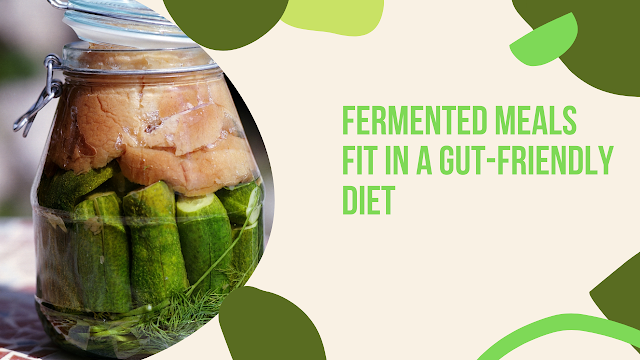Fermented meals fit in a gut-friendly diet
If you haven’t however jumped on the fermented-food wagon, you’d probably contemplate adding these foods to your regular diet.
According to researchers from the Stanford college of medication, a diet made of soured foods together with kefir, kombucha, and preserved vegetables will improve gut health and scale back inflammation.
The study, albeit a little one, is one in every of the first to demonstrate however a minor amendment in diet will favorably alter the gut microbiome in healthy adults.
Gut microbiome diversity
Findings from several studies recommend the active microorganism community that lives within our bowel — our gut microbiome — influences mood, condition, and appetency, conjointly as a result of the danger for chronic diseases, together with inflammatory internal organ malady, asthma, kind two polygenic disorder, disorder, and fatness.
It conjointly communicates with our system — most of that resides at intervals in the gut, and in and of itself influences inflammatory responses at intervals in the body. Chronic inflammation is recognized as a significant determinant of numerous serious diseases.
Plenty of proof has shown that what you eat — and don’t eat — shapes the vary of the gut microbiome. Having a numerous population of gut microbes has been connected to raised health.
Plant-based diets are tied to a richer and additional numerous microbiome. Diets high in animal supermolecule, refined carbohydrates, and extremely processed foods, on the other hand, are associated with reduced microbiome diversity.
Fermented foods vs. fiber
The study, printed online last month at intervals in the journal Cell, allotted thirty-six healthy adults to a minimum of one amongst 2 dietary interventions: a high-fermented-foods diet or a high-fiber diet. (High-fibre diets are associated with a larger microorganism diversity at intervals in the gut.)
Blood and stool samples were collected from the participants for three weeks leading up to the study, throughout the 10-week intervention, and for four weeks once the study finished.
The high-fermented-food cluster inflated daily intake of soured foods from half of a serving at baseline to six servings by the highest of the study. One serving was outlined as six ounces of kombucha, yogurt, kefir, or buttermilk; one-quarter of a cup of kimchi, change integrity dish or soured vegetables; or 2 ounces of vegetable brine drink.
Eating soured foods crystal rectifier to associate an overall increase in microorganism diversity — the higher the intake, the larger the vary. Levels of inflammatory proteins at intervals the blood conjointly cut. These effects occurred altogether with participants at intervals in the high-fermented-food cluster.
The diversity of gut microbes remained stable, however, at intervals, the high-fiber eaters and their blood inflammatory markers did not drop. It’s attainable that the study period was too short for fiber to possess a control on microorganism diversity.
Limitations of the study embrace its tiny range of participants, transient period, and thus the dearth of a control cluster to match every diet cluster. Still, it adds necessary insights into the impact of diet on microbiome diversity and gut immune performance.
Positively probiotic
Many, however not all, soured foods are a supply of probiotics, helpful microbes which can facilitate an increase in the population of gut microbes. intense probiotic-containing soured foods also can enhance microorganism diversity by inflicting shifts within the community of microbes that sleep within the gut.
Kefir (a yogurt-like drink sold at intervals the dairy farm case), kimchi (a Korean side dish of soured cabbage with seasonings), change integrity dish, vegetables preserved in brine (not vinegar), kombucha (a soured tea beverage), miso, and natto (both created from soured soybeans) all contain probiotic cultures. Tempeh, conjointly a soured soy food, does not.
Probiotics aside, soured foods manufacture different nutritionary edges. throughout fermentation, microbes unharness vitamins and minerals from carbohydrates, creating them additional out there for the body to absorb.
Fermented foods are also easier to digest. chemical process milk, as an associate example, breaks down milk sugar — creating kefir, yogurt, and milk additional light for individuals with gentle to moderate genetic disease.
Thank you for your read, stay in good health, and don't hesitate to check my recommended diet solution.free access here
